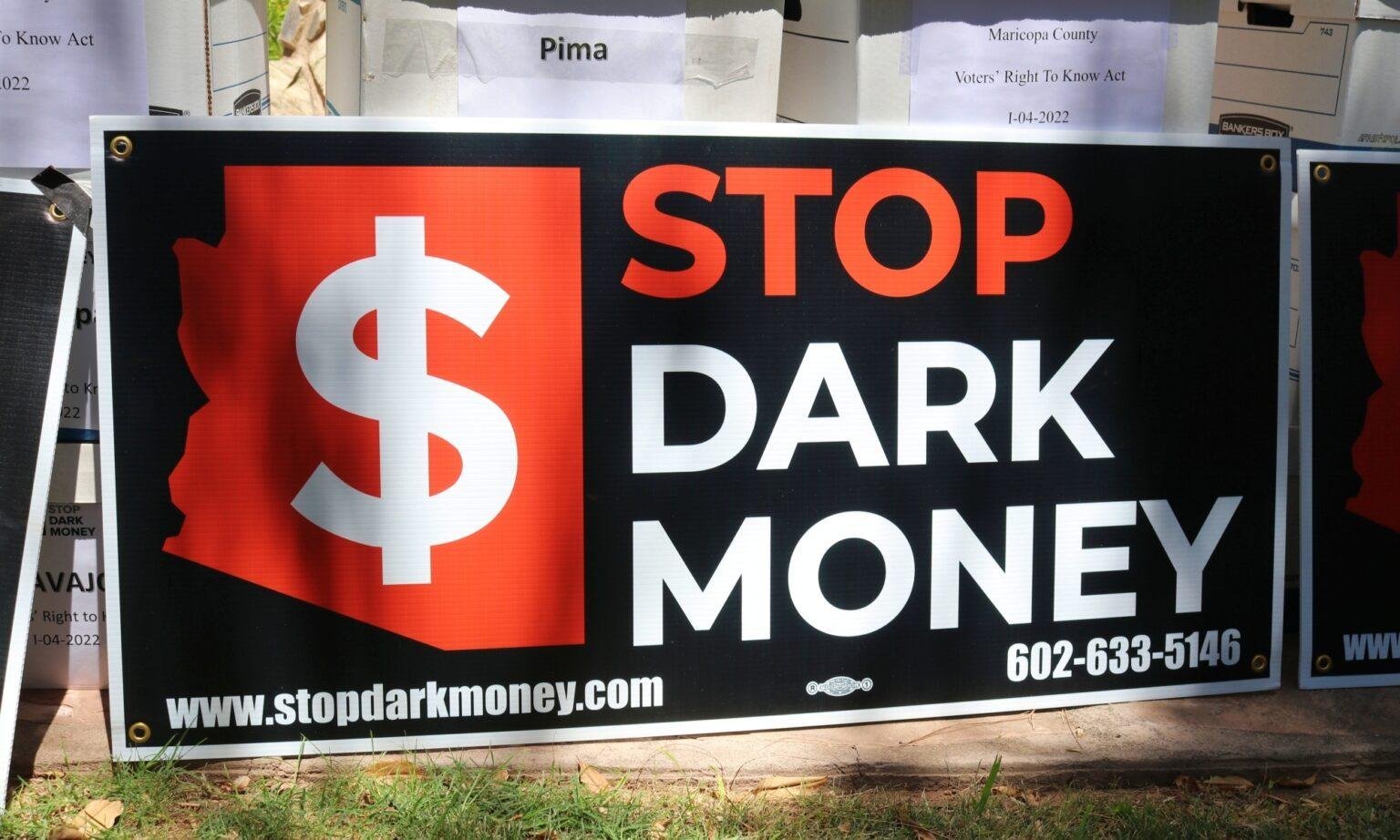arizona
Court of Appeals Upholds Constitutionality of Arizona’s ‘Dark Money’ Disclosure Law

The Arizona Court of Appeals has confirmed the legality of the anti-dark money law, officially known as the Voters Right to Know Act, which was passed by voters in 2022. This ruling reflects the court’s support for mandatory disclosure of political spending sources.
The law, approved as Proposition 211, mandates that any individual or organization spending over $50,000 on statewide election media or $25,000 on local elections must reveal contributions exceeding $5,000. This decision marks the second legal victory for the initiative, designed to increase transparency in campaign financing.
The legal dispute was initiated by the Center for Arizona Policy, an anti-abortion group, alongside the Arizona Free Enterprise Club, a dark money nonprofit. They contended that the requirement to disclose political spending sources infringes on constitutional rights related to free speech, privacy, and association. These arguments were similarly echoed by Republican legislative leaders, who attempted to repeal the proposition after its approval by over 70% of voters.
Anonymous donors cited fears of potential harassment and violence if their identities were disclosed; however, the court found their concerns unsubstantiated. “Neither alleged any incident where a donor experienced harassment or retaliation because they donated to a covered person’s cause,” the court noted in its unanimous decision. This lack of evidence underscored the court’s ruling.
The conservative groups further argued that such disclosures compromise donor privacy, invoking strong free speech protections found in the state constitution. Nevertheless, the three-judge appellate panel asserted that these claims were superseded by the constitutional goal of ensuring financial transparency for groups influencing election outcomes.
The court pointed out that the framers of the state constitution did not intend to protect donors to unaffiliated entities, emphasizing that certain sections were specifically crafted to mitigate the corrupting influence of money in politics. Judge Jennifer Campbell stated, “The government has strong informational and anti-corruption interests, which are sufficiently important to justify the modest burden the Act places on donors’ association rights.”
Under federal tax law, neither the Arizona Free Enterprise Club nor the Center for Arizona Policy is required to disclose their donors, but Proposition 211 imposes this obligation for their election-related activities. Despite their vocal opposition to the law and claims of “cancel culture,” these groups were unable to demonstrate any credible evidence of a chilling effect or threats to their supporters due to potential disclosure.
The court reinforced the necessity of the Act’s requirements, stating, “Without the Act’s disclosure requirements, the public could never evaluate the true source of the funds hidden by filtering through front groups or intermediaries.” This ruling solidifies the importance of transparency in the political funding landscape in Arizona.


















